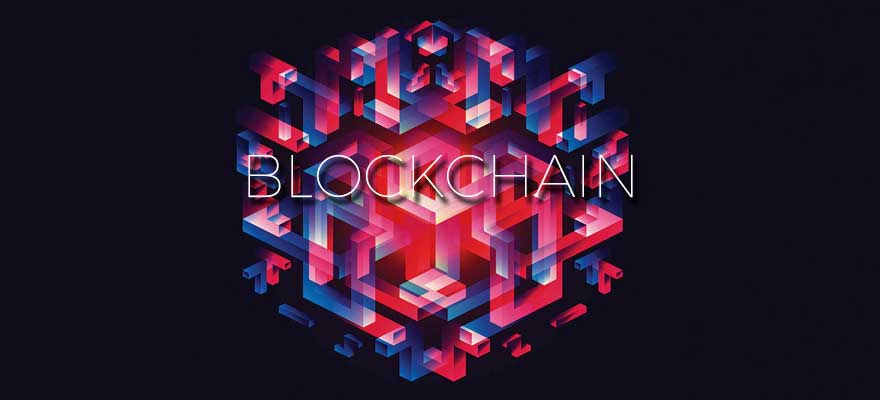In an official statement, Japanese and South Korean banks have announced that they will begin the anticipated testing the Blockchain technology with US blockchain development firm Ripplenet this Friday.
With this project, all parties are aiming to achieve same-day international fund transfers along with transaction costs cut by around 30 percent.
The 61 Japanese banks participating in this trial will be led by SBI Ripple Asia, a subsidiary of Japan’s SBI Holdings, while the Seoul-based blockchain solution provider DAYLI Intelligence will lead the South Korean counterpart. Many Japanese financial institutions will be involved in the tests, including renowned Japanese firms like Sumitomo Mitsui Banking Corp. and Resona Bank.
Blockchain technology has huge potential to revolutionize the financial sector. Currently banks and other financial institutions have to depend on a series of third parties for outbound transactions from an institution, be they domestic or international. Also, for international transactions, the situation becomes worse because of the involvement of multiple clearing houses. This lead to a delay in activities like fund transfers, and beneficiaries have to pay a hefty transaction fee.
If the proposed trial is successful, banks will be able to introduce the blockchain-based service to customers as soon as spring 2018. Also, with the use of Ripple’s blockchain network, banks are aiming to use Ripple’s own virtual currency, known as XRP. This move will cut the transaction cost by 60 percent as compared to the conventional methods.
Meanwhile, amid all these improvements, XRP’s price skyrocketed in the last 24 hours. XRP is currently trading above $0.46 compared to $0.25 just a day before. XRP is currently the 5th largest coin in the market with a market cap of above $17.8 billion.
Apart from the Japan-Korea partnership, Ripplenet is also partnering with banks all over the world to implement a blockchain-based network. Last month, Ripple partnered with three major banks in India, Singapore, and the UAE to develop a blockchain-based payment platform for making cross-border transactions.

















